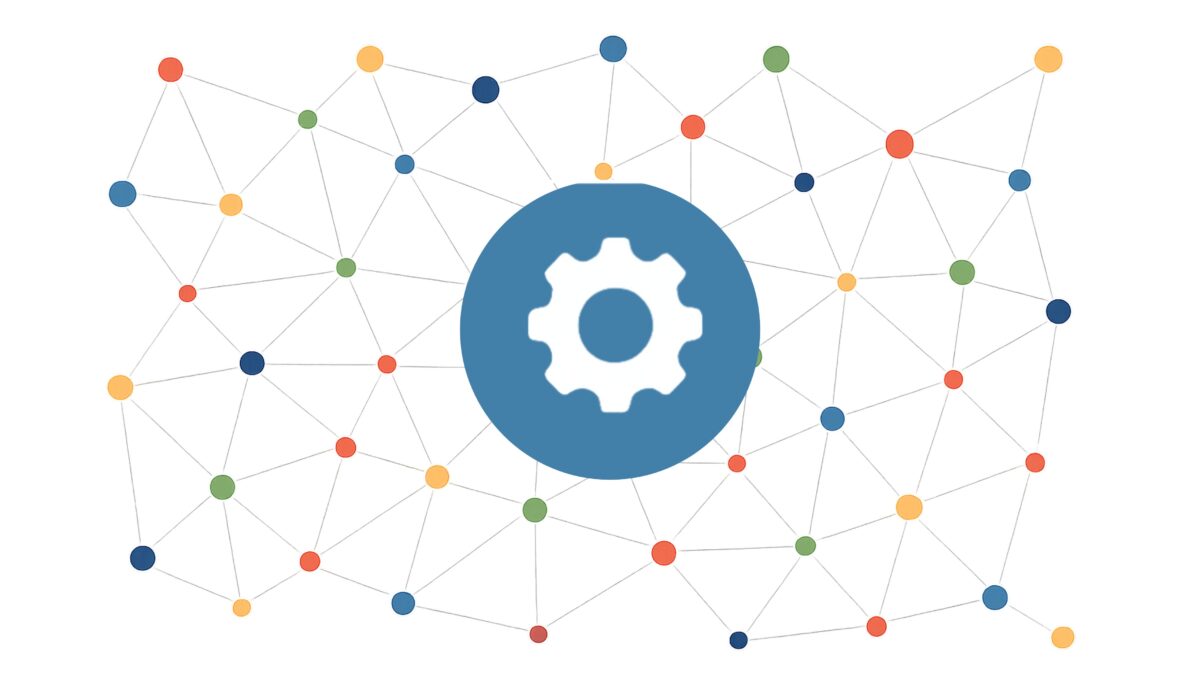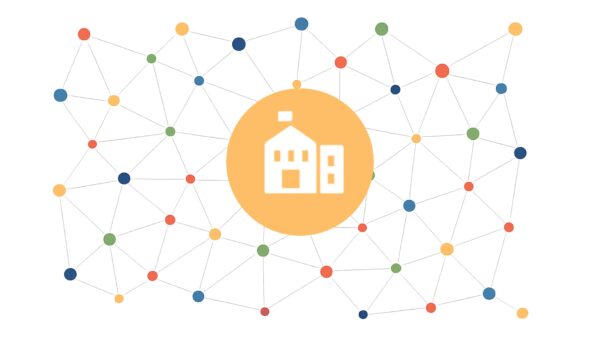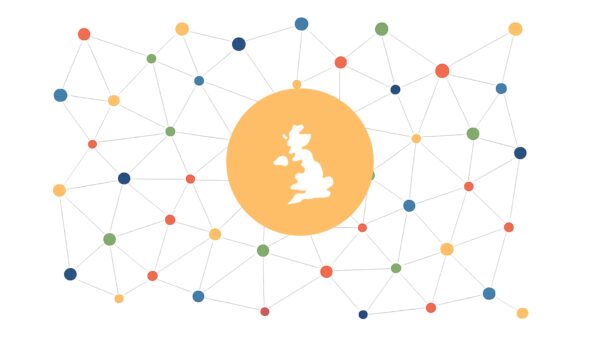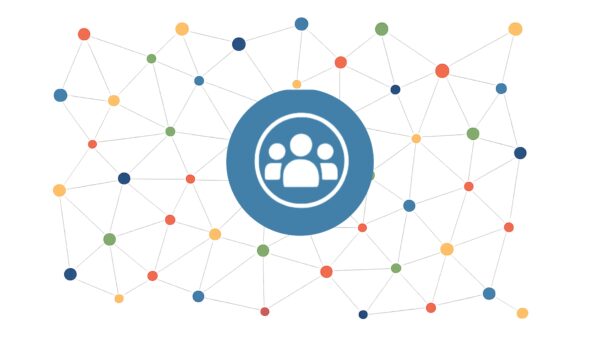Supporting students on the journey to higher education has always been deeply personal. Conversations, reassurance, advice, these are the moments that help students imagine new futures. But as demand grows, and as we work with more students from more backgrounds across more spaces, we face a familiar challenge: how do we scale support without losing that human connection?
At Bath, we’re using automation not as a replacement for relationships, but as a way to protect and prioritise them. By streamlining the processes behind our outreach, we can focus our energy where it matters most: building trust, removing barriers, and making higher education feel possible for every student.
Creating Space for Human Connection
Widening access is relational work. It’s built on trust — not transactions.
But every meaningful interaction sits on a mountain of practical logistics: data collection, bookings, confirmations, monitoring, reporting. Without support, these tasks can quietly consume the time and attention that should be spent with students.
That’s why we’ve automated key parts of our delivery:
- Data handling: Using Power Automate, we transfer data from booking forms into spreadsheets instantly — so staff aren’t stuck retyping.
- Parent and teacher communication: Students’ bookings trigger automatic, tailored emails to their schools and families, keeping the support network engaged without delay.
- Event management: SharePoint allows us to track and manage outreach events centrally, ensuring no detail — or student — is missed.
- Secure digital access: We generate university usernames for students attending online programmes, adding the right safeguarding settings automatically and enrolling them directly into MS Teams groups.
These aren’t flashy innovations. They’re quiet, deliberate choices that give us back what matters: time with students.
Making Data Work for Students, Not Just Systems
We’ve also invested in building smarter, more connected data systems, not to collect information for its own sake, but to understand and improve the student journey.
Using Power BI, we integrate spreadsheets from programme delivery, SharePoint records, CRM participation data, and national datasets about schools. This joined-up approach helps us:
- Track how many students from outreach programmes go on to apply to Bath.
- Identify which schools and areas are engaging and where gaps remain.
- Tailor future outreach strategically, rather than relying on assumptions.
Data isn’t an end point. It's a mirror: showing us where we’re succeeding, where we're missing students, and where we need to do better.
Extending Personalisation Without Stretching Staff
Personalised support is often what makes the difference for a student considering university.
But true personalisation is labour-intensive and without help, it risks becoming patchy or unsustainable at scale.
By embedding automation into our communications particularly through CRM systems we ensure that:
- Students booking onto events get timely, relevant information without delay.
- Outreach participants receive follow-up nudges based on where they are in their journey.
- Schools hear back quickly when they engage with us.
This isn’t about sending more emails. It’s about sustaining relationships making sure no student feels forgotten, and no school feels overlooked.
Why It Matters
Technology in outreach isn’t about efficiency for its own sake. It’s about equity.
Students from underrepresented backgrounds are already navigating systems that can feel opaque, inconsistent and overwhelming. If we can make their interactions with us smooth, timely, and supportive, we remove unnecessary friction from their journey.
- When a student receives a confirmation instantly after booking, it reassures them they belong.
- When a parent gets information without needing to chase, it builds trust.
- When a teacher sees streamlined communication from us, it strengthens a partnership and credibility.
- When our staff aren’t bogged down in admin, they can spend more time offering real guidance, encouragement, and connection.
In short: automation creates the conditions for access work to be human again.
It allows us to treat every student not as a number in a spreadsheet, but as an individual with potential even as our reach expands across thousands of interactions and hundreds of schools.
At Bath, we believe that scaling outreach doesn’t mean diluting its impact. It means designing systems that lift the administrative burden off people’s shoulders — so they can extend a hand to students instead.
The future of widening participation won’t be built on forms and processes. It will be built on trust, relationships, and opportunity and technology, used thoughtfully, can help us get there.



